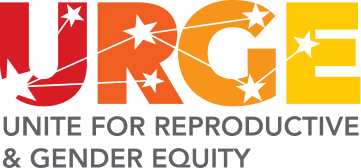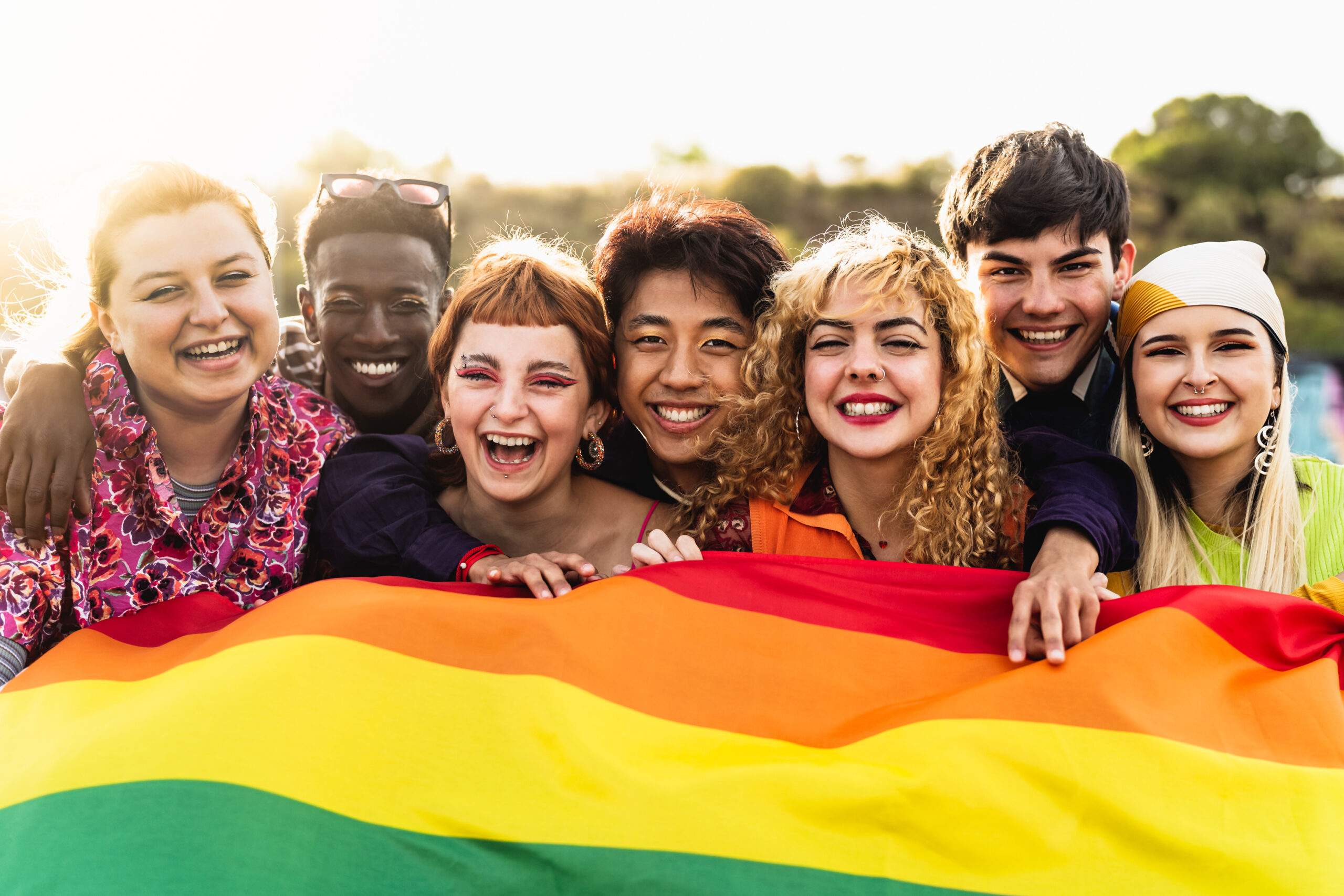Why Does No One Talk About Sexual Assault in the LGTBQ Community?
For the most part, I exist within two realms: That of American women and that of LGBT Americans. When a friend makes the playful joke that my life is “sooo gay,” I can only agree. But it’s also “sooo feminist,” too.
These communities aren’t mutually exclusive, though. There’s a lot of overlap between that which is feminist and that which is queer. There is no need to choose sides. If anything, this sort of dual existence has a lot of perks. I have a heightened awareness of the ways gender, sexuality, and privilege all play out in my “gay-to-day” existence.
Because I care about reproductive justice, I also care about sexual freedom. And because I care about sexual freedom, I also care about consent, and the things that compromise it. Frequently, LGBT individuals are left out of discussions surrounding rape and assault. When the predominant narrative surrounding rape is one entailing penis-in-vagina (PIV) intercourse involving heterosexuals, the experiences of individuals—both female and male—who’ve survived oral, anal, and digital assault are often dismissed. As are the experiences of LGBT people who’ve survived in-community assault. This was just reflected in my Google search for materials focused on queer survivors. Resources were few and far between.
You may say, “Well, there are more instances of rape among straight folks. That’s where priorities lie.” My first response to this is: Reproductive justice is not a competition.
Lauren hit the nail on the head in September when she wrote, “The mission of RJ is to allow everyone the necessary tools to be in control of their body.” The moment we value one individual’s experiences over that of another’s, we’re doing it wrong.
My second response is: Yes, you’re absolutely right! There are more instances of rape among straight folks. Reported instances, that is. According to the Rape, Abuse, and Incest National Network, men are less likely to file a crime report because of the various stigmas attached to being a survivor of sexual assault. The US Justice Department recognizes that 1 in 10 reported survivors of rape is male, and roughly 60% of those men identify as gay or bisexual.
Even if a gay survivor were to come forward, file a report, and wait for his case to be heard, there is no guarantee that the incident would be acknowledged fairly in court. For example, North Carolina’s recent gay marriage ban blocked measures to strengthen domestic violence laws among same-sex couples. Even the defendant in such a hypothetical case could be tried unfairly. Up until 2005, LGBT individuals convicted of statutory rape in Kansas were charged harsher sentences than their heterosexual counterparts.
How do we get rid of the stigma? Things that are considered taboo often loose their “gasp! factor” when openly discussed. This is one of the reasons I am such an advocate for comprehensive sex education. The ability to talk and learn about our queer bodies and feelings in the same spaces as our heterosexual peers fundamentally acknowledges and normalizes that which is either dismissed or fetishized. Comprehensive sex ed’s message is, “Hey, we’re all a little different, but that’s totally cool.” In order to remove the stigma surrounding in-community violence among LGBT individuals, we must create those same safe spaces and dialogues in our young adult lives.

